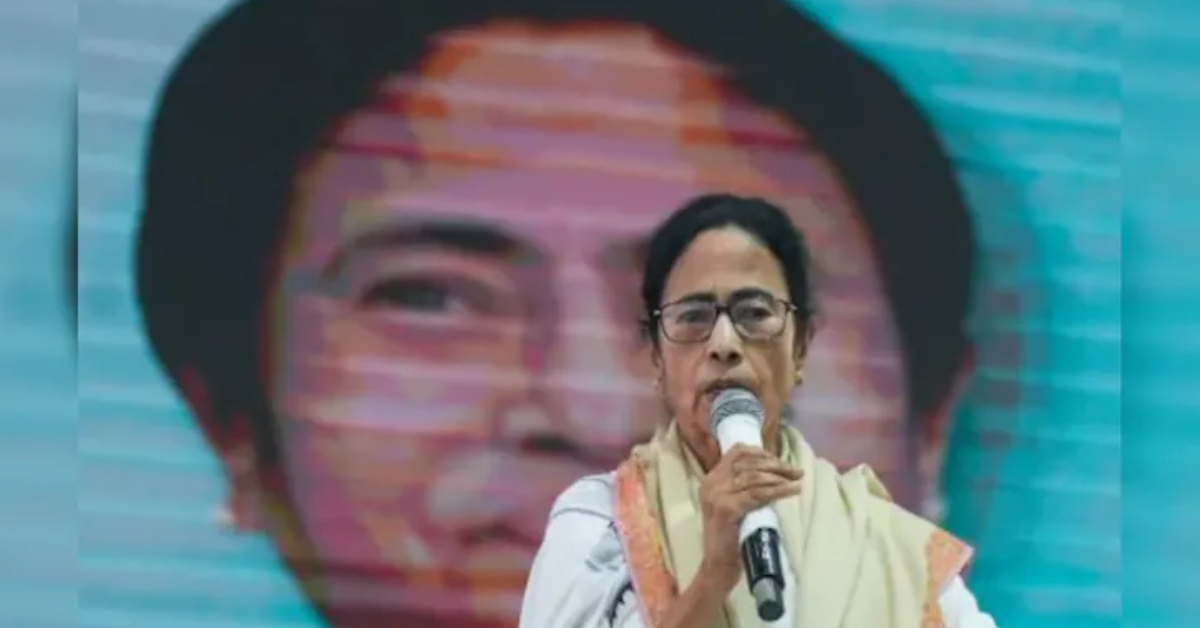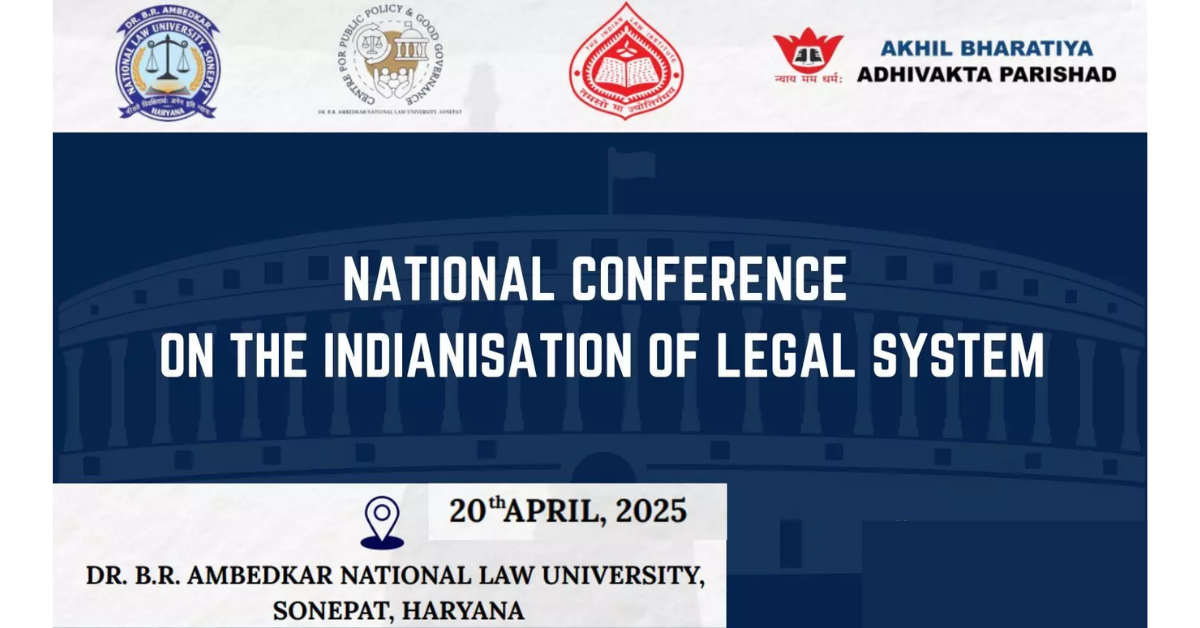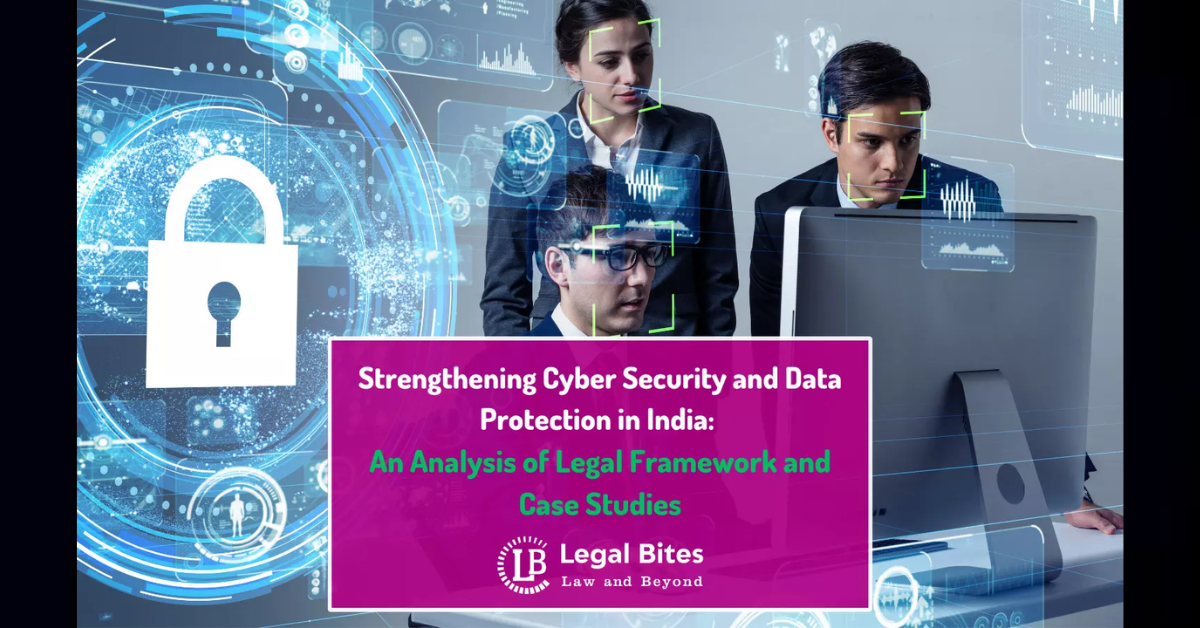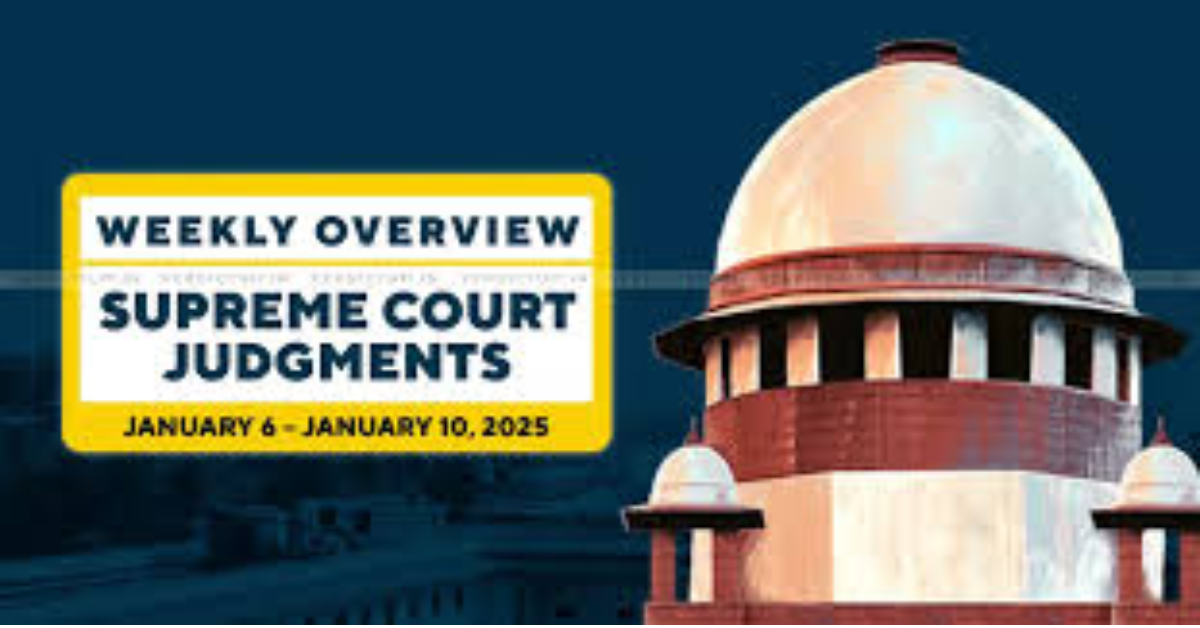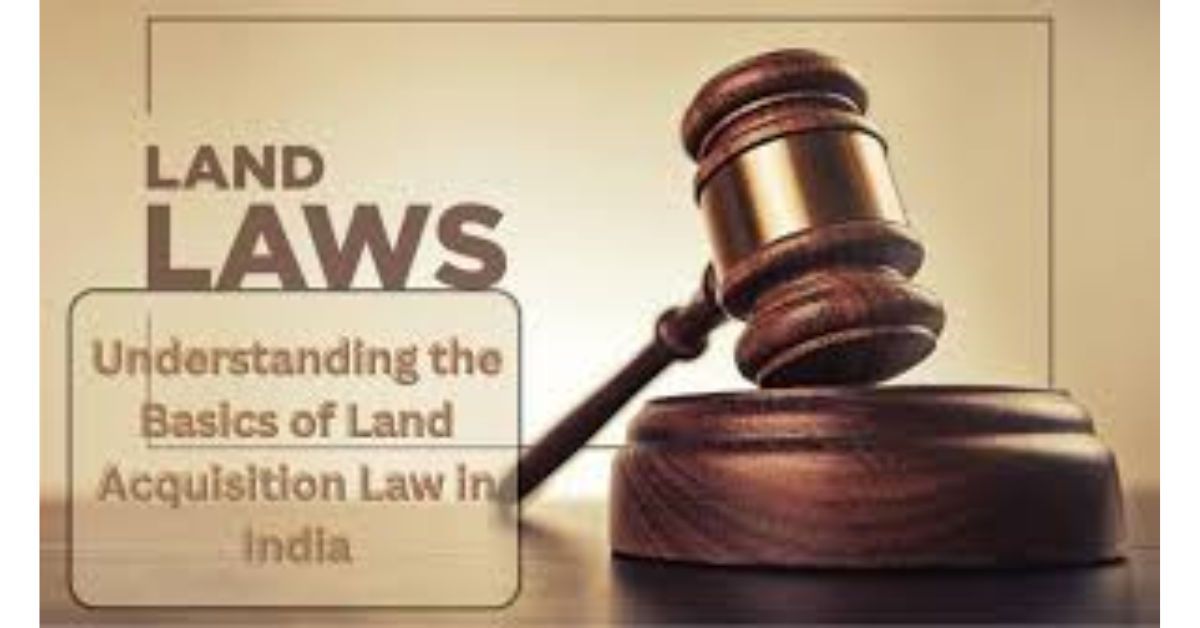Mamata Banerjee’s Fiery Response After Court Setback: A New Political Controversy Unfolds
West Bengal Chief Minister Mamata Banerjee has once again made headlines with her bold and controversial statement following a recent court ruling that did not go in her favor. She remarked, “If you find money at a judge’s home, what will you do?”—a statement that has ignited a heated political and legal debate across the … Read more

